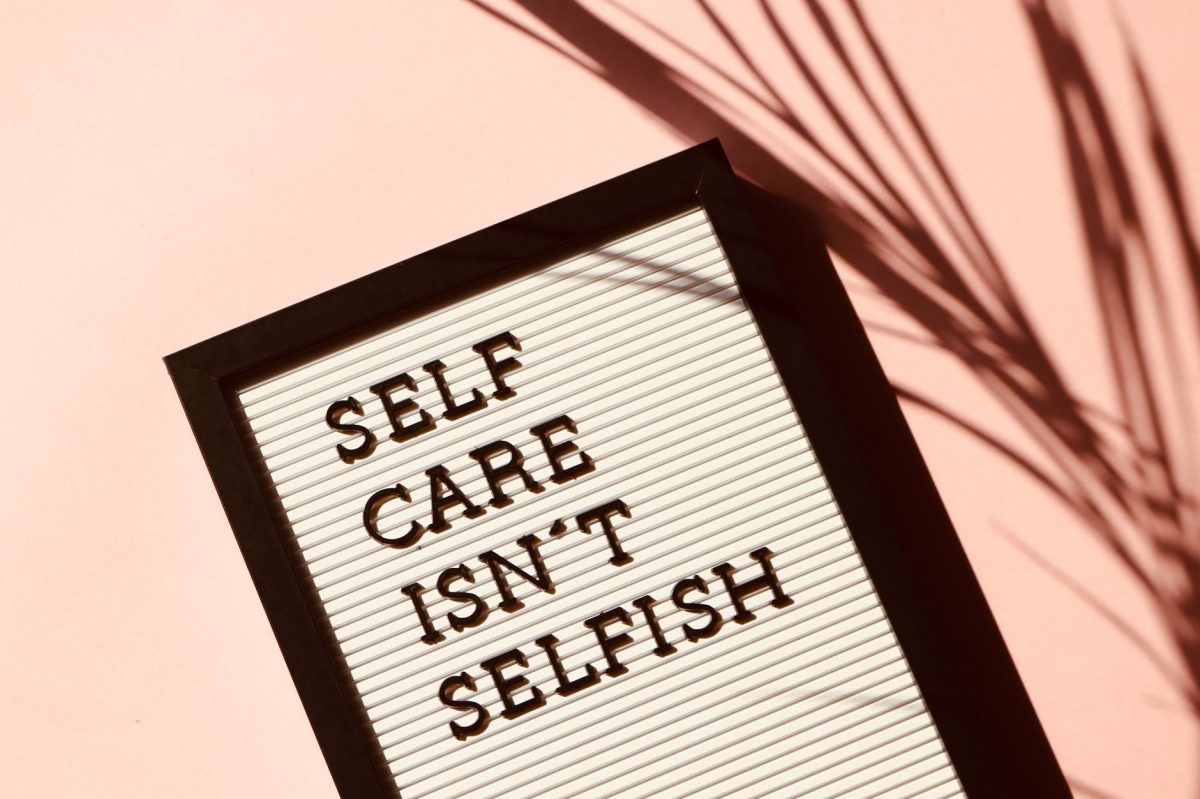If you go back several years and reflect on our work dynamics, you probably remember that stress at work was the least of our communal worries. At that point, the economy had recovered from the lingering effects of the 2008 recession. The job market was getting stronger. And workers were ready to roll up their sleeves and be productive. As a matter of fact, productivity was at an all-time high in 2017, since the end of the 2008 economic crisis.
You may allege that you didn’t like your boss. Perhaps you had issues with a coworker. But none of these workplace issues compare to the challenges encountered within the last year. Since the pandemic hit, there has been a grey area in what we call “productivity” at work. Remote work, which used to be a thing for a select few, has become a way of living for many of us. Despite some workers heading back to the office, the work-from-home trend and hybrid approach are here to stay.
While working from home brings a lot of flexibility such as not worrying about commuting, being able to work in comfy clothes, and spending more time with family, for many, it has also come with several adjustments — or perhaps disruptions — such as working long hours and not knowing how to draw the line between work and off-hours.
These challenges have taken a toll on workers and, in some cases, have even enhanced stress and raised the chances of burnouts. But how can you find a balance between work and home life? In the next segments, I will discuss a few productivity tips to relieve stress at work (even if you are working from home) and become more motivated.

You may also like: 5 SIMPLE OFFICE YOGA POSITIONS TO HELP YOU FOCUS BETTER
Productivity Tips to Relieve Stress at Work
1. Find Creative Ways to Avoid Context Switching
Context switching can be a big productivity killer. Different from multitasking, in which you work on several related tasks, context switching happens when you abruptly change from one task to an unrelated one. It will break your attention and interrupt the activities you need to perform — or at least, that you should perform.
Have you ever been working on a report for work when all of a sudden you received a text from a friend or family member, and you decided to not only check it but immediately respond? Most likely, this has happened to you numerous times without you even realizing it.
Once I was working on a project when I received a text from my sister asking to check on the status of a package she sent to my home. By the time I was done investigating it, five minutes had passed. Then, it took me another ten to fifteen minutes to refocus on my previous writing task. Not surprisingly, this confirmed what psychologists have been saying all along about our brains taking some time to adjust when we switch tasks, affecting our efficiency.
Not only does this type of disruption lead to a drop in productivity, it may also cause a hit to our mental energy, especially on the more cognitively taxing tasks. A study on the costs of work interruption by the University of California, Irvine, and the Humboldt University in Berlin, shows that individuals compromise their well-being, getting stressed and frustrated because they tend to rush on their tasks to make up for these interruptions.
And what is the best way to avoid falling into this trap?
I know sometimes it’s hard, especially because for many of us, our natural instinct is to try to multitask. I’m guilty of it. But this is where you can use a little bit of creativity.
First, try to focus on one task at a time. Turn off distractions such as your phone or computer notifications. You can use the help of apps such as SelfControl, StayFocusd, Freedom, and Anti-Social. Maybe set a timer and work in blocks of time. If you have issues focusing and need a more guided approach, the Pomodoro Technique may be the way to go. Or you can also try to increase your productivity through office Feng Shui, where you “design” or organize your office space in a way that makes it more functional for you. And above all, ensure that you have a quiet place, free from distraction through this process.
2. Look for Clarity to Avoid the “Work About Work”
How many times while working have you navigated from one app to another, had to follow up on unrelated tasks, or scrambled to look up information about a task you needed to perform?
These ordinary “projects,” which we think are part of our work duties, make us waste a lot of time and energy and can take a toll on our brains. That is because they have little to nothing to do with the meaningful, skilled work you signed up to do. Nonetheless, you assume it is part of the package. According to a study conducted by Asana, “workers spend almost two-thirds of their time on work about work” and just in 2020 alone, it led to 71% burnouts.
With the pandemic and the shift in the work environment, we had to spend a lot of time figuring things out by ourselves. That co-worker of yours who would come save you when your computer needed troubleshooting or when you needed to figure out quick things was no longer at arm’s length to make tasks easier for you.
This is where clarity comes in handy. Clarity gives you the ability to understand your role in the workplace and establish priorities, allowing you to set a sustainable schedule and stick to it. This approach will also allow you to focus on your most important projects instead of the immediate ones, which may help you in the long haul according to research done by Harvard Business School.
Have a clear idea about your work commitments. Try to plan your projects and tasks in advance. It is true that unexpected things will eventually happen. But when you have a clear focus on what you need to do and tasks you have to get accomplished, it makes it easy to put the “work about work” aside and focus on the activities that really matter.
3. Invest in Your Well-being and Practice Mindfulness
Now more than ever, take time to practice mindfulness. Because of everything that went on in the world during the pandemic, many of us have lost our sense of security. All of a sudden, we had to adjust to a new reality; a reality that sometimes felt like dragging on forever. And after more than a year of lockdowns and restrictions, we are back readjusting to a new way of living and working.
How to reintegrate the healthy way?
I came to find that the best natural way to relieve stress, including stress at work, is to nurture your well-being. This allows you to free yourself from worries and also care for the well-being of others. A wonderful way to do that is by practicing mindfulness.
What is mindfulness?
“Mindfulness is a state of active, open attention to the present. This state is described as observing one’s thoughts and feelings without judging them as good or bad.” (Psychology Today, n.d)
By being mindful you are present and aware of yourself and your surroundings. You can practice mindfulness anytime and anywhere. You can practice mindfulness when you wash the dishes, or when you go for a walk and contemplate nature. You can practice mindfulness through meditation and yoga — my two favorite practices — or you can practice mindfulness through breathing techniques.
The idea here is that you pick an activity that you can enjoy, and therefore find pleasure while getting connected with your inner self. Because the benefits of mindfulness practice are substantive, including the reduction of stress and anxiety, with time you will notice that you feel more relaxed, focused, and grounded. This, in turn, provides you with the clarity and the strength you need to conduct your work and improve your productivity.
4. Don’t Forget to Set Boundaries
By trying to always give our best and juggle many things at the same time — working, parenting, caregiving — we sometimes forget to set boundaries.
The blurred line between work activities and time off was accentuated by the pandemic. With more people working from home, the tendency is to work late or perform work-related tasks, such as checking emails or performing research, during off hours.
But setting work boundaries is not only a necessity to improve your productivity, it is also important to preserve your mental health and avoid burnout.
In order to reverse this trend and be effective in setting up boundaries, you’ll need to give yourself some grace. Be conscious of your efforts and grateful for the things you could accomplish. That said, take care of your work duties during your work hours and shut everything off when you are done. When you are off, this is your moment to unwind, debrief, and take the time to relieve stress by doing what you like.
Productivity Tips to Relieve Stress at Work Final Thoughts
While there is no one-size-fits-all approach to getting motivated, these productivity tips to relieve stress at work make for a powerful start. From here, you can take small steps to improve them.
Whether you work from home or not, you can find your sweet spot and act upon what serves you better. Then it will be a matter of time until you see positive changes in your work performance and overall well-being, which will help you post-pandemic and beyond.




